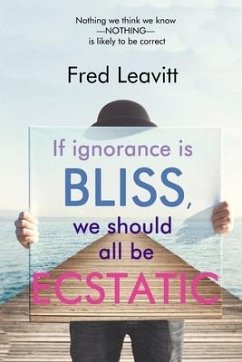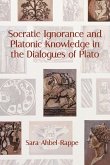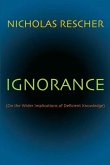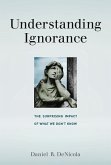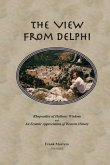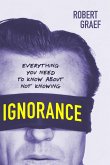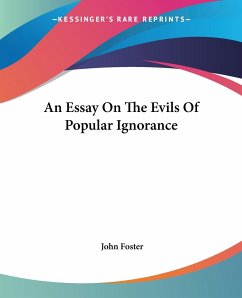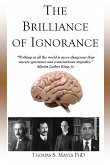Nothing we think we know - NOTHING - is likely to be correct. If Ignorance is Bliss, We Should All Be Ecstatic explores the limitations of knowledge and argues that neither reasoning nor direct observation can be trusted. Not only are they unreliable sources, but they do not even justify assigning probabilities to claims about what we can know. This position, called radical skepticism, has intrigued philosophers since before the birth of Christ, yet nobody has been able to refute it. Fred Leavitt uses two unique methods of presentation. First, he supports abstract arguments with summaries of real-life examples from many and varied fields, which make the arguments much more convincing and compelling. He cites more than 200 studies from psychology, mathematics, chaos theory, quantum mechanics, evolutionary theory, history, the corporate world, politics, the military, and current news reporting. Second, Leavitt's writing is user-friendly, even when dealing with complex issues. Whether answering the telephone, turning on the TV, talking with friends, or munching on an apple, we expect things to happen predictably. These expectations, paired with radical skepticism, exemplify cognitive dissonance at the highest level.
Hinweis: Dieser Artikel kann nur an eine deutsche Lieferadresse ausgeliefert werden.
Hinweis: Dieser Artikel kann nur an eine deutsche Lieferadresse ausgeliefert werden.

